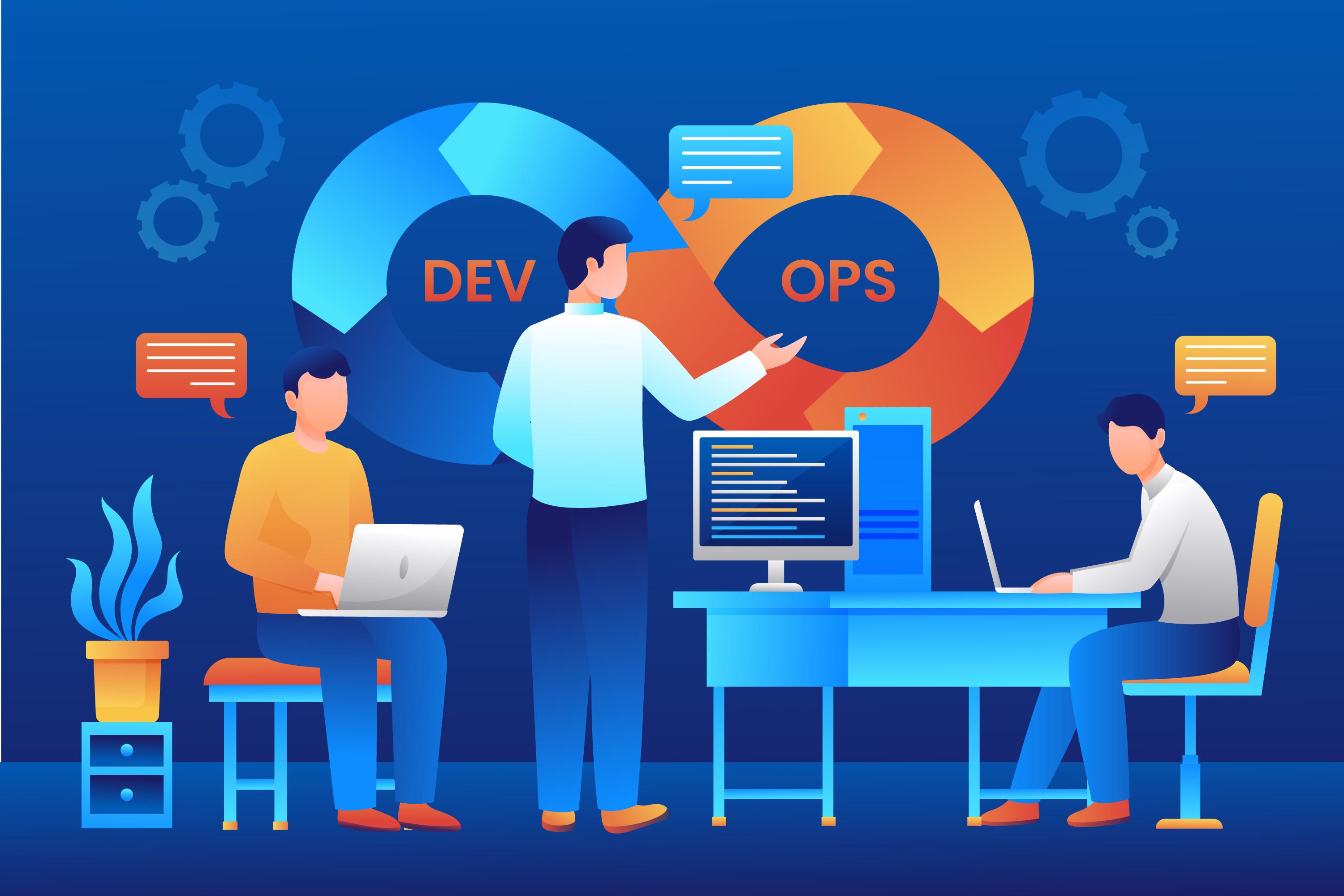DevOps for Business: Streamlining Software Development and Operations for Success

Introduction
In today’s fast-paced and highly competitive business landscape, companies must continually innovate and deliver high-quality software to meet customer demands. DevOps, short for Development and Operations, has emerged as a crucial methodology to bridge the gap between software development and IT operations, enabling organizations to achieve faster delivery, higher quality, and improved collaboration. In this article, we’ll explore what DevOps is, why it’s essential for businesses, and how to implement it effectively to drive success.
Understanding DevOps
DevOps is a cultural and technical approach that emphasizes collaboration, automation, and integration between software development and IT operations teams. It aims to break down traditional silos, eliminate bottlenecks, and create a streamlined and efficient software delivery pipeline. Here are the key principles of DevOps:
-
Collaboration: DevOps encourages collaboration and communication among developers, IT operations, and other stakeholders to achieve common goals.
-
Automation: Automation is at the heart of DevOps, as it helps reduce manual intervention, minimize errors, and accelerate processes.
-
Continuous Integration (CI): CI involves regularly merging code changes into a shared repository, allowing developers to detect and fix issues early in the development cycle.
-
Continuous Delivery (CD): CD extends CI by automatically deploying code to production or staging environments after passing predefined tests.
-
Monitoring and Feedback: DevOps emphasizes real-time monitoring to detect and respond to issues promptly, enabling continuous improvement.
Why DevOps is Essential for Business
-
Accelerated Time-to-Market: DevOps enables faster development and deployment cycles, reducing the time it takes to bring new features and products to market.
-
Enhanced Quality: Automation and continuous testing in DevOps result in fewer defects and higher software quality, leading to improved customer satisfaction and reduced costs associated with bug fixes.
-
Improved Collaboration: DevOps fosters a culture of collaboration between development and operations teams, leading to better alignment with business objectives.
-
Cost Reduction: By automating manual tasks and optimizing resource utilization, DevOps helps businesses cut operational costs.
-
Increased Stability: Continuous monitoring and automated rollback mechanisms ensure system stability, reducing downtime and revenue loss.
Implementing DevOps for Business Success
-
Create a DevOps Culture: Start by fostering a culture of collaboration, shared responsibility, and continuous improvement. Encourage teams to break down silos and communicate effectively.
-
Build Cross-Functional Teams: Form cross-functional teams that include developers, operations engineers, testers, and other relevant roles to promote collaboration throughout the software development lifecycle.
-
Implement Automation: Automate repetitive tasks such as code deployment, testing, and provisioning of infrastructure. Tools like Jenkins, Ansible, and Docker can be instrumental in this process.
-
Embrace Continuous Integration and Continuous Delivery (CI/CD): Implement CI/CD pipelines to automate the building, testing, and deployment of code. Tools like GitLab CI/CD, Jenkins, and CircleCI can help achieve this.
-
Monitor and Measure: Implement robust monitoring and logging solutions to gain insights into system performance and user behavior. Tools like Prometheus and ELK stack can be useful for this purpose.
-
Emphasize Security: Incorporate security practices into the DevOps for business process from the beginning. Regular security assessments and vulnerability scanning should be part of your CI/CD pipeline.
-
Provide Training and Resources: Invest in training and resources to upskill your teams in DevOps practices and tools.
Conclusion
DevOps is not just a buzzword; it’s a transformative approach that can significantly impact a business’s success in the digital age. By breaking down barriers between development and operations, embracing automation, and fostering a culture of collaboration and continuous improvement, businesses can achieve faster time-to-market, higher quality software, and increased customer satisfaction. In a world where innovation and agility are paramount, DevOps is the key to staying ahead of the competition and driving business success.
- Questions and Answers
- Opinion
- Motivational and Inspiring Story
- Technology
- True & Inspiring Quotes
- Live and Let live
- Focus
- Art
- Causes
- Crafts
- Dance
- Drinks
- Film/Movie
- Fitness
- Food
- الألعاب
- Gardening
- Health
- الرئيسية
- Literature
- Music
- Networking
- أخرى
- Party
- Religion
- Shopping
- Sports
- Theater
- Wellness
- News
- Culture

